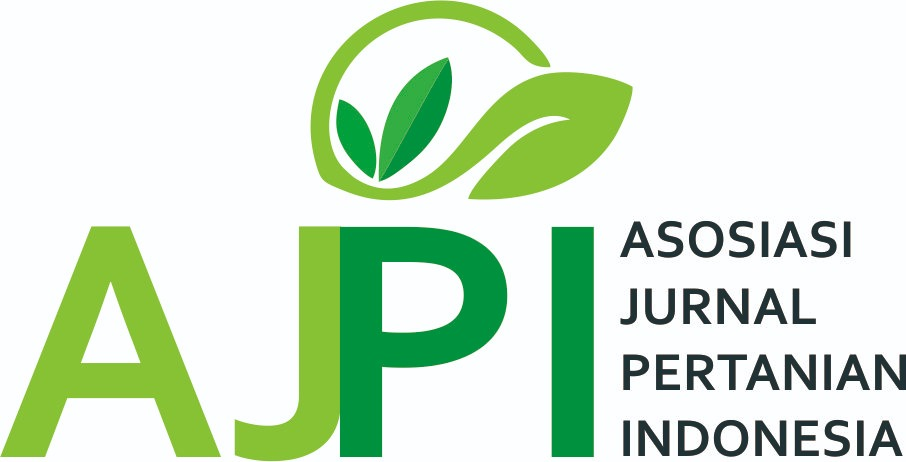Consumer Intention And Perceptions In Online Purchasing Of Vegetables And Fruit
Abstract
Internet technology has changed the shopping behavior of consumers in the world including Indonesia as a developing country. Consumers only have to be connected to internet or online to get the product they want without having to go to the seller directly. Consumers buy online because of a good perception of the use of internet technology to meet the needs of vegetables and fruit. This study aimed to understand the level of intention of Indonesian consumers, determine the perceived usefulness, perceived ease of use, perceived of trust, perceived of risk prevention, and perceived of prices of Indonesian consumers in buying fresh agricultural products via online, which were vegetable and fruit. The method of research data analysis used was descriptive analysis. The samples in this study were 146 respondents which obtained by purposive sampling, which was individual who had bought vegetable and fruit via online at least once from various internet-connected applications. The results showed that according to the use of internet technology consumers felt the benefit in finding product information faster, independence in transactions, trusting that the business identity of the online sellers was conveyed honestly, online sellers sent products at the correct address, vegetable and fruit prices set by online sellers in accordance with the benefits received.
Downloads
References
Al-Maghribi T, Dennis C, Halliday SV. 2011. Antecedents of continuance intentions towards e-shopping : the case of Saudi Arabia. Journal of Enterprise Information Management. 24, 85-111
Chen YT, Chou TY. 2012. Exploring the continuance intentions of consumers for B2C online shopping : perspectives of fairness and trust. Online Information Review, 36, 104-125
Ghozali I, Latan H. 2014. Partial Least Squares : Konsep, Teknik dan Aplikasi Menggunakan Program SmartPLS 3.0. Badan Penerbit Universitas Diponegoro. Semarang
Gong W, Stump RL, Maddox LM. 2013. Factors influencing consumers’ online shopping in China. Journal of Asia Business Studies, 7, 214-230
Jogiyanto, HM. 2008a. Sistem Informasi Keperilakuan Edisi Revisi. Andi. Yogyakarta.
Jogiyanto HM. 2008b. Pedoman Survei Kuesioner : Mengembangkan Kuesioner, Mengatasi Bias dan Meningkatkan Respon. Badan Penerbit Fakultas Ekonomika dan Bisnis UGM. Yogyakarta
Kotler P., Keller KL. 2009. Manajemen Pemasaran. Erlangga. Jakarta
Lestari, SA. 2017. Analisis Faktor-faktor yang Memengaruhi Keputusan Belanja Online: PVT Model. Skripsi. Universitas Gadjah Mada. Yogyakarta
Nugroho AS. 2016. E-Commerce: Teori dan Aplikasinya.Ekuilibria. Yogyakarta
Prensky M. 2001. Digital Natives, Digital Immigrants. MCB University Press. Bingley
Rahmaningtyas, A., S. Hartono, dan A. Suryantini. 2017. Factors affecting online purchasing of local food. Journal Agro Economy 28, 189-204
Sugiyono. 2017. Metode Penelitian Kombinasi. Alfabeta. Bandung
Yeo VCS, Goh SK, Rezaei S. 2016. Consumer experiences, attitude and behavioral intention toward online food delivery (OFD) services. Journal of Retailing and Consumer Services, 35, 150–162
Copyright (c) 2021 Esi Asyani Listyowati, Ani Suryantini, Irham Irham

This work is licensed under a Creative Commons Attribution-ShareAlike 4.0 International License.
Author retains the copyright and grants the journal the right of first publication of the work simultaneously licensed under the Creative Commons Attribution-ShareAlike 4.0 License that allows others to share the work with an acknowledgement of the work's authorship and initial publication in this journal













